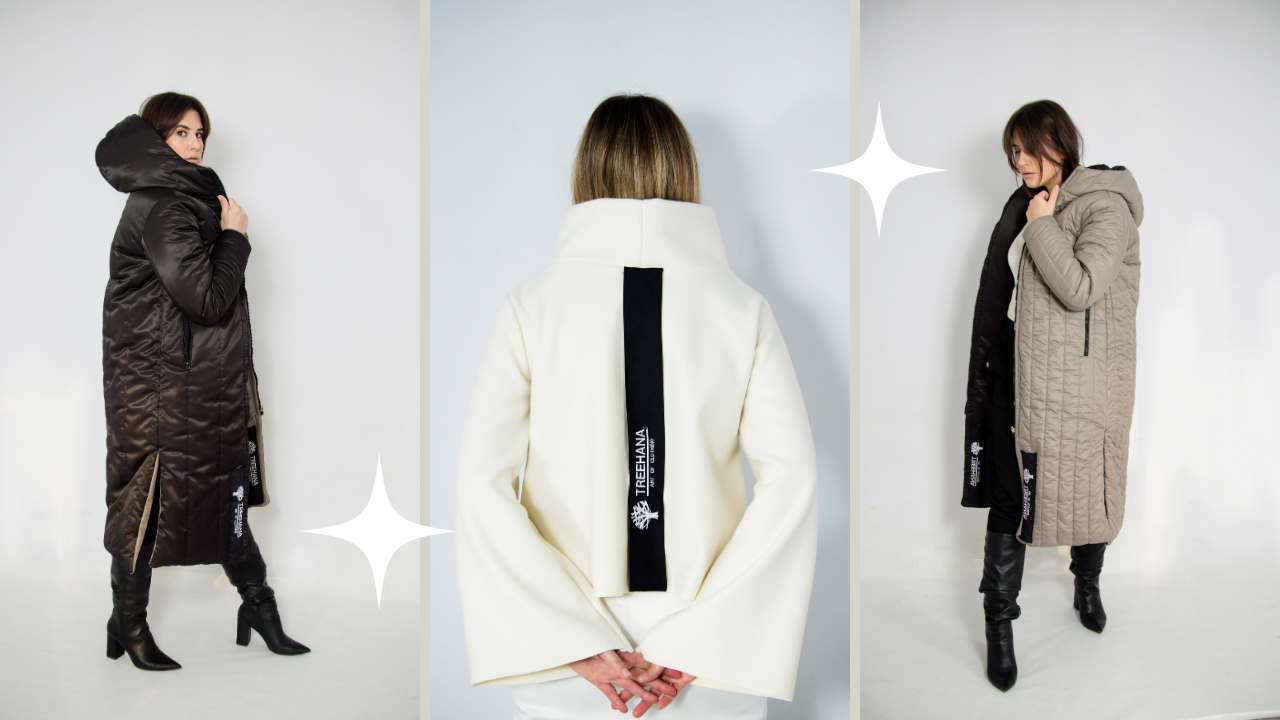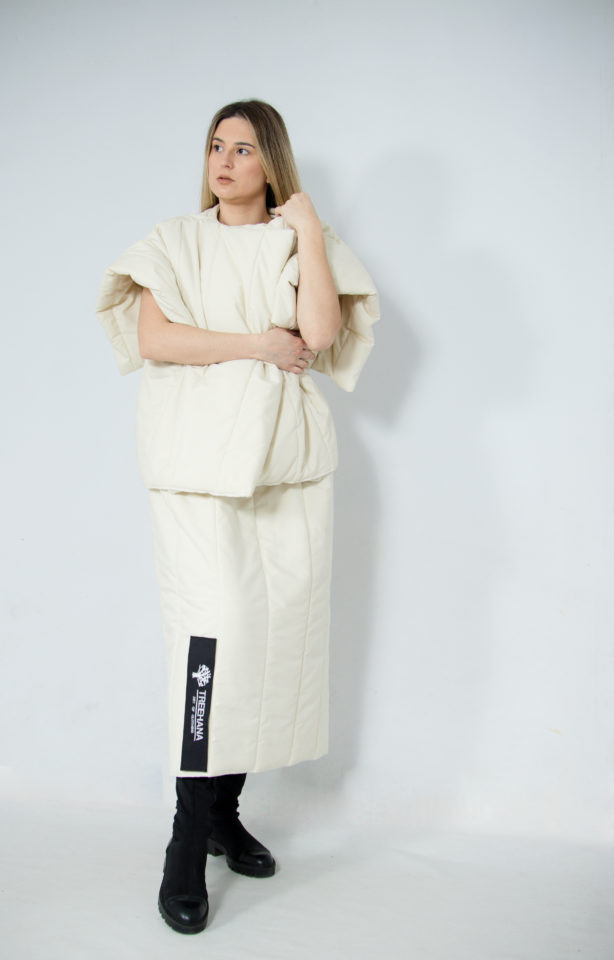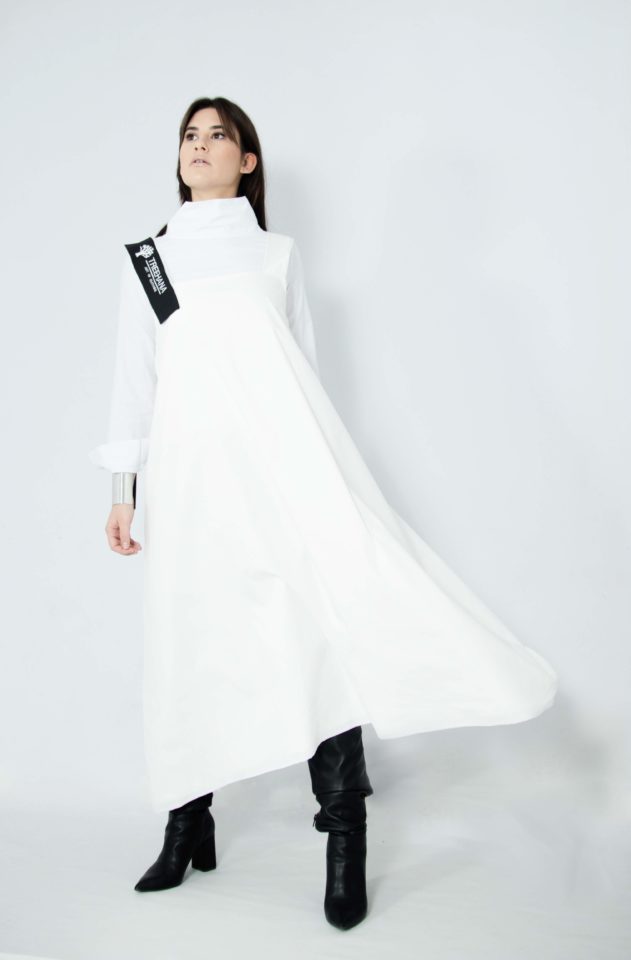
This young designer’s love for fashion and creativity developed at a very young age, from when she redesigned and sewed new clothes for dolls with her mother and grandmother. Now, Tihana Todić’s philosophy as a designer is to be totally dedicated to each and every customer, as to the dolls of her childhood.
From those early beginnings, Tihana’s mother then taught her to sew on a machine, but a more serious interest arose only when she enrolled in textile and clothing design classes. She then learned everything there was to know about sewing, as well as tailoring, both of which were still only improved with lots of practice. Out of a love of fashion and the creation of new garments, the idea for an entrepreneurial idea was born.
“It all started out of a love for fashion and the way we dress. I wanted other people to feel that love too. Nowadays, a lot of the clothing offered to us is the same, and that’s just not for me. So, my private and professional interests merged to create Treehana,” she says.
She explains how she works on her creations wherever she goes, that is, whenever and wherever the inspiration strikes. There are no rules – it can come to her while she is working on existing clothing items, or while reading, listening to music or out walking.

Now that her pieces have moved into the virtual world, so to speak, they have become available to whichever customers might like her work and want to wear her clothes. But getting going online was not easy.
“My biggest challenge was using social networks that, up until then, I had used exclusively for fun. I now had to look at the entire online world from a different perspective. I did this all by myself because I wasn’t coming to an established company with a developed digital marketing system. You can overcome such obstacles only through research, learning and perseverance,” she explains.
Tihana emphasizes, however, just how important social networks are, not only for small businesses, but for all businesses.
“In a relatively short time you can reach clients from all over the country and the world, depending on the target group. If you do something out of love and not just for money, something that is unique, your modest efforts will be very well recognized on the market. People love hand-made products that are not mass-produced. Of course, your product needs to be of high quality to make an impact and be recognized,” says Tihana.

This young designer gladly dares to interact with her audience and uses social networks for new ideas. She recently asked her followers on Instagram what they want to see in her new collection.
“I asked them because buyers should always be listened to, but I should definitely incorporate their needs in accordance with my ideas and aesthetics. That’s the happy medium. Customer relations are very important. I try to dedicate myself to each client individually, to suggest some ideas to them, to listen to their suggestions and desires for a piece. That is the philosophy of my business, to dedicate myself to each customer individually, to sew things for each customer exactly according to their body measurements,” she explains to us.
She notes that her customers prefer comfortable and practical items that stand out for their design.
“Usually, I make a piece as if it were for me, without thinking about whether it will be too much. Sometimes I just cut the material with scissors, sew it, and in the end I have a great result. I don’t always need to make special cuts and sketches, choose the material especially, and so on. The more unusual an item of clothing is, the better it sells,” adds Tihana.






